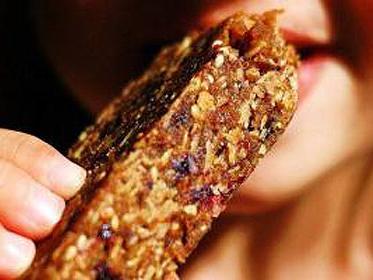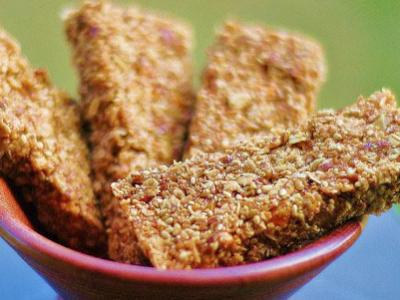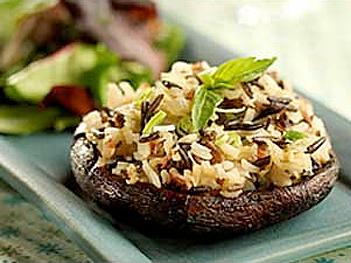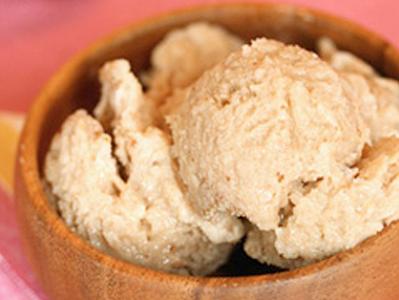Brown Rice Cuts Diabetes Risk
For several years, researchers in Boston followed 39,765 men and 157,463 women with no history of type 2 diabetes. During a cumulative 3,318,196 person-years of follow-up, 10,507 people developed type 2 diabetes. After adjusting for age and other factors, the study found that those who ate two or more servings of brown rice per week had an 11 percent lower risk of diabetes compared to those who ate brown rice less than once a month. Conversely, those eating white rice five or more times per week increased the risk of type 2 diabetes by 17 percent. Researchers recommended replacing white rice in the diet with brown rice – or, even better, with a variety of whole grains.
Presented at the American Heart Association’s Nutrition, Physical Activity and Metabolism conference, March 3, 2010.





